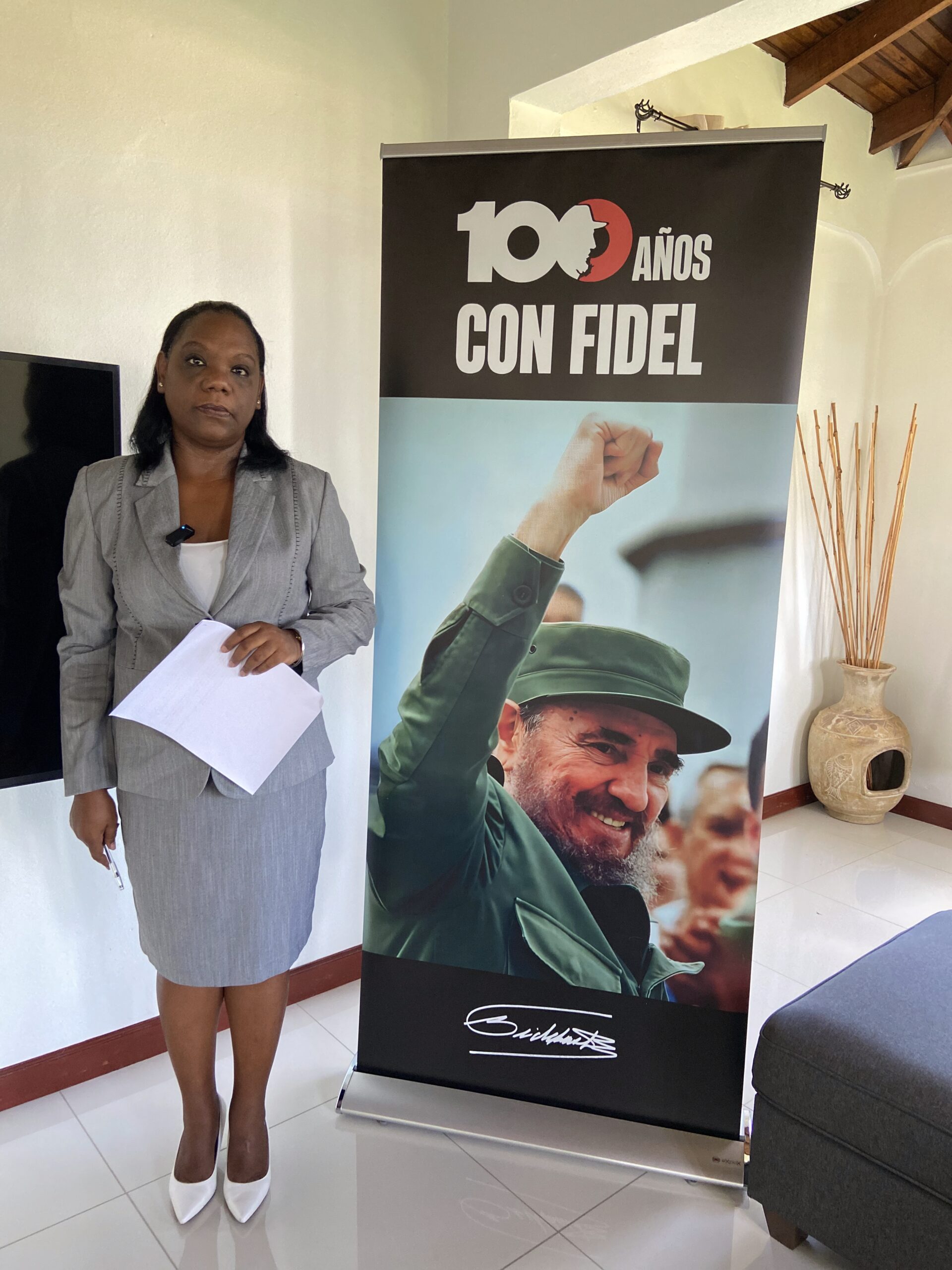View this post on Instagram
One hundred and sixty-five countries, including Saint Lucia, voted in favour of lifting the United States’ economic, commercial, and financial embargo on Cuba during the October 26 UN General Assembly.
The embargo, imposed on Cuba six decades ago, restricts trade, investment, and financial transactions with the island. Critics say it has severely impacted the country’s economy and its access to essential goods. The annual resolution calling for the embargo’s end has been adopted at the General Assembly for more than thirty years.
Last year, 187 countries voted in favour of ending the embargo, with only the US and Israel opposed, and Moldova abstaining. This year, however, seven countries — the US, Hungary, Paraguay, Argentina, Ukraine, North Macedonia, and Israel – voted to maintain the embargo, while 12 abstained.
Despite the drop in support, Cuba’s Ambassador to Saint Lucia Yenielys Vilma Regueiferos Linares, described the outcome as a win, noting that the majority of governments worldwide still favour ending the embargo.
“One hundred and sixty-five countries means 85 per cent of the United Nations General Assembly. It is a majority and we consider it an undeniable victory,” said Linares.

Before the debate at the General Assembly, Reuters reported that the US had lobbied against lifting the embargo, instructing its diplomats to gather support on the grounds that some 5 000 Cubans had joined Russian forces in the conflict against Ukraine.
While Cuba has publicly aligned itself with Russia in the conflict, it has also called for peaceful dialogue. Ambassador Linares told St. Lucia Times, “With this situation, where they are saying that Cuba sends mercenaries to Ukraine, it makes us lose credibility.”
“The Cuban government has said that it is true that there are Cubans involved in the conflict, but those Cubans are paid for being in the conflict. They are not there because the Cuban government sent them. In fact, Cuba has taken legal measures against 40 of them,” she said.
Ultimately, it is up to the US Congress to decide whether to lift the embargo.
Speaking generally on its impact, Ambassador Linares said increased restrictions over the past year have worsened living conditions for ordinary Cubans. “It affects all sectors of the population… It affects access to medicine, essential supplies, oil,” she said, adding that the recent passage of Hurricane Melissa has further strained Cuba’s already limited resources.
“In Cuba, more than 730 000 people were evacuated… which means a lot for the country that is facing an economic war,” said Linares.
She explained that vessels entering Cuban ports face sanctions and cannot call at US ports for six months thereafter. Oil tankers are sanctioned, and external income sources such as tourism, family remittances, foreign direct investment and trade with other countries have been “eliminated”.
US Deputy Ambassador to the UN Jeff Bartos said support for the resolution to lift the embargo allows Cuba’s government to avoid responsibility for its financial crisis and “continue to play the blame game instead of implementing meaningful reforms.”
Ambassador Linares expressed hope for a change in approach, saying, “I hope that there would be a day in which rationality comes to the fore.”




